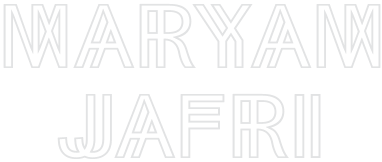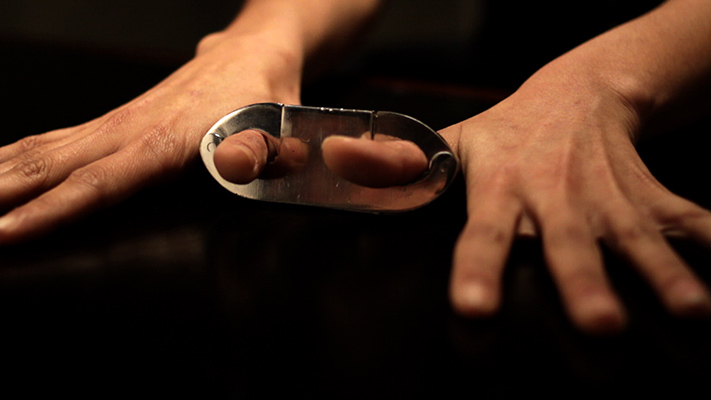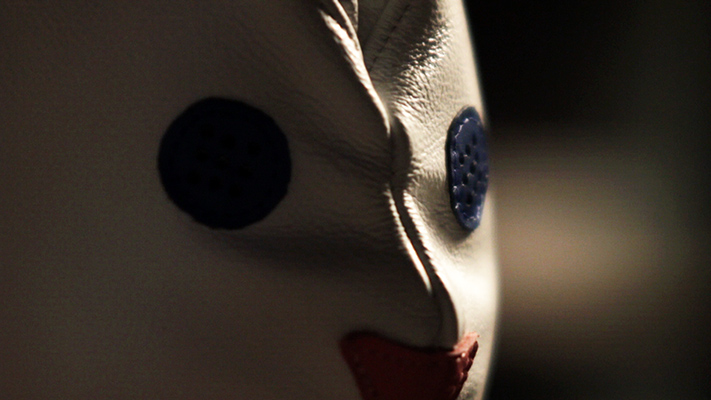Avalon starts with an interview with an entrepreneur in an unidentified Asian country. The man started a business that secretly exports fetish wear to the West. We learn that he ended up in the business not out of a personal interest, but for economic reasons, as he found that there was a demand in Europe and America that was not being met. So he started catering to the needs of the West. In the video, several people talk about how they hide parts of their identities in private or in public life, and which roles they take up in order to either fulfill their psychological needs or to be an accepted citizen in society. The work features interviews with a leather fetish clothing designer and with people who use the items in either their professional or private lives. The power relationship and the center and the periphery shift constantly throughout the video, as it becomes clear how much power is in the hands of the one who fulfills the needs of the other. This upside-down power dynamic resonates in geopolitical relationships as we zoom in on the personal stories of two people who occupy opposite roles in a role-playing game.
Independence Day 1936–1967 shows a series of photographs taken on the first Independence Day of a number of nations in Africa and Asia. The images all have a similar, recognizable setup, including a leader who takes over a nation, a leader who gives over a nation, and a declaration that is signed. Maryam Jafri emphasizes the identical formal staging of these events and the images of them as a symbol for the way the Western nation-state model has been desired by and exported to the ex-colonies. The photos are arranged on the wall as a storyboard and a grid, a formal mold, in which the new nation-state takes its place. Maryam Jafri is interested in this in-between moment, the twenty-four-hour twilight zone between a territory being a colony and it becoming a nation-state.
Maryam Jafri, born 1972 in Pakistan, lives and works in New York and Copenhagen


